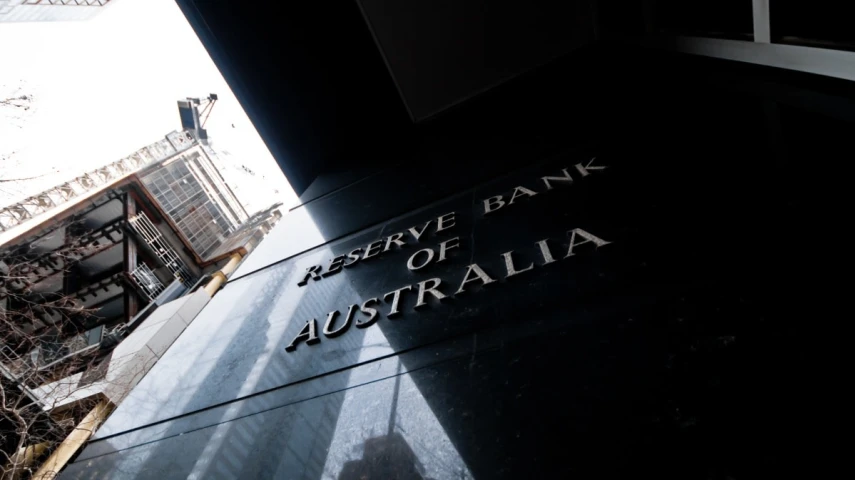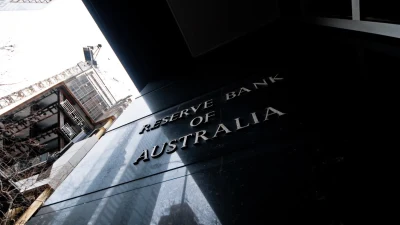RBA makes latest cash rate call



The official cash rate has been increased by 25bps to 3.85 per cent at the Reserve Bank of Australia’s
(RBA) latest monetary policy board meeting.
This marks the eleventh hike to the cash rate since the tightening cycle commenced 12 months ago in May 2022.
In a statement, RBA governor, Phil Lowe, said the decision had been taken based on inflation sitting at 7 per cent and the importance of returning it to its target range of 2-3 per cent within a reasonable timeframe. He also indicated this was unlikely to be the peak for rates.
"The board is still seeking to keep the economy on an even keel as inflation returns to the 2–3 per cent target range, but the path to achieving a soft landing remains a narrow one.
"Some further tightening of monetary policy may be required to ensure that inflation returns to target in a reasonable timeframe, but that will depend upon how the economy and inflation evolve," Lowe said.
Shane Oliver, chief economist at AMP, said: "This was contrary to our own view and the consensus of economists where 26 out of 34 economists surveyed by Reuters expected no change. We had thought that the decline in inflation would have provided scope for the RBA to remain on hold again to better assess the outlook.
"We think that the RBA has done more than enough and we have reached the peak in rates. Continuing to raise rates from here adds to the rising risk of plunging the economy into a recession."
Dwyfor Evans, head of APAC macro strategy at State Street Global Markets, said: "A surprise decision from the RBA to hike the cash rate by 25bps. Inflation remains high relative to target, but the softer core inflation released last week gave the Bank some breathing space, particularly on concerns around mortgage rates, but the focus in this instance is high services prices and rising labour costs. A decision that will support the AUD, particularly against currencies where the hiking cycle has come to an end".
Markets were split ahead of the board decision, however, three of the big four banks (ANZ, NAB, and Westpac) backed a pause considering recent evidence of sustained disinflation.
Headline inflation rose 1.4 per cent over the March quarter, down from 1.9 per cent in the December quarter — the slowest quarterly growth since December 2021.
Annualised inflation fell to 7 per cent — 0.8 percentage points lower than the December quarter peak of 7.8 per cent.
ANZ said the “larger than expected” decline in trimmed mean inflation — down from 6.9 per cent in the December quarter to 6.6 per cent over the 12 months to 31 March 2023 — was enough to support a more dovish stance from the RBA.
However, while acknowledging it was a “line-ball call”, the Commonwealth Bank projected a 25bps increase, which it said would lift the cash rate to a terminal rate of 3.85 per cent.
Westpac’s tone was the most dovish among its peers, claiming a May pause would “mark the peak of the cycle”.
According to Anneke Thompson, chief economist at CreditorWatch, the RBA’s decision to resume its hiking cycle following last month’s pause was influenced by stubbornly high services inflation.
“Last month’s March quarter CPI release provided crucial data for the RBA to assess, and while the overall inflation rate has declined from December peaks, services inflation is still rising and may not have peaked,” she said.
Meanwhile, Scott Solomon, co-portfolio manager of the T. Rowe Price Dynamic Global Bond Strategy, had expected mounting “political pressures,” particularly scrutiny of governor Philip Lowe, to support the case for a pause.
On 20 April, the Albanese government accepted in-principle all 51 recommendations outlined in the newly released An RBA fit for the future report, informed by a review of the RBA.
Launched in July 2022, the review was designed to ensure Australia’s monetary policy arrangements and the operations of the RBA “continue to support strong macroeconomic outcomes for Australia in a complex and continuously evolving landscape”.
Key changes include a major overhaul of the RBA’s decision-making processes, with a call to establish new, function-based, RBA boards (recommendations 8 and 12).
Specifically, a monetary policy board — responsible for monetary policy decisions and oversight of the RBA’s contribution to financial system stability (except payments system policy) — would operate separately from a new corporate governance board.
But according to Solomon, political pressure would not dissuade the Reserve Bank from actioning future hikes, given key economic indicators continue to justify future tightening.
“If governor Lowe ultimately determines that a rate hike is necessary, there are data points available to support such a decision,” Solomon said.
The RBA’s latest monetary policy board decision also followed news of the collapse of another US bank, with California-based First Republic Bank forcibly closed and subsequently acquired by JP Morgan Chase Bank.
However, following its April board meeting, the RBA said banking system volatility in the United States and Europe had not played into the central bank’s decision to halt its tightening policy.
Chair of the US Federal Reserve Jerome Powell, however, had said banking sector volatility would likely result in tighter credit conditions for households and businesses.
This, he conceded, could undermine the Fed’s long-term macroeconomic objectives, and would hence require a moderation of the central bank’s tightening bias.
The Federal Open Markets Committee (FOMC) is scheduled to meet later this week to determine its
next monetary policy move.
Recommended for you
Global X has painted a worrying picture for active ETFs in Australia, with investor adoption proving uneven and the popularity of its low-cost index counterparts only growing stronger.
Australian equity ETFs attracted record inflows of $3.2 billion in 1Q25, while heightened volatility led to a decline in flows for global equity ETFs, according to Vanguard.
The failure of a clinical trial by biotech firm Opthea has caused shares in its backer Regal Partners to decline 52 per cent year-to-date and hit its funds under management, quarterly flows show.
GQG Partners has revealed its quarterly flows for the first three months of 2025 were up 5.8 per cent, after a difficult final quarter of 2024 as a result of institutional redemptions.















